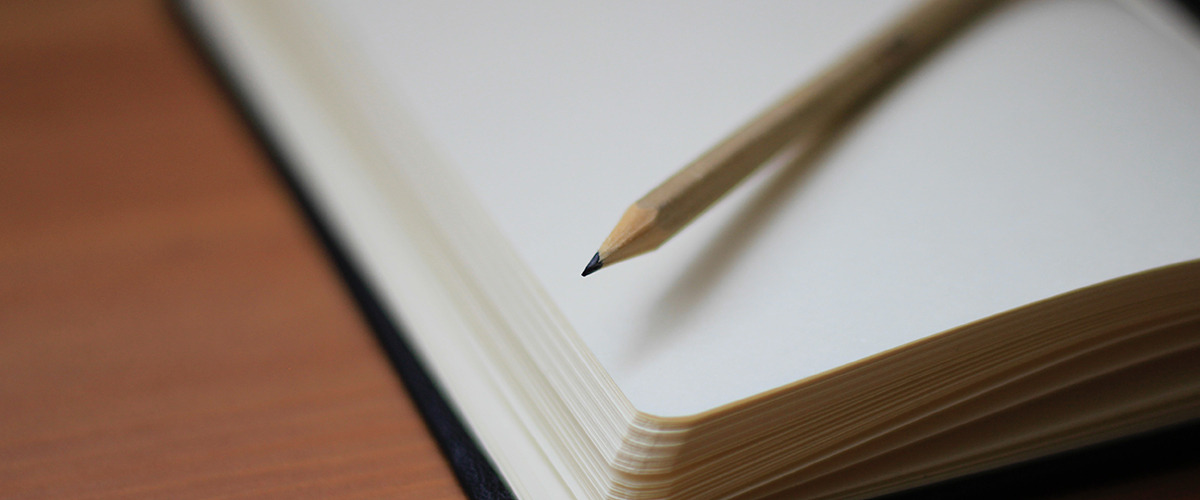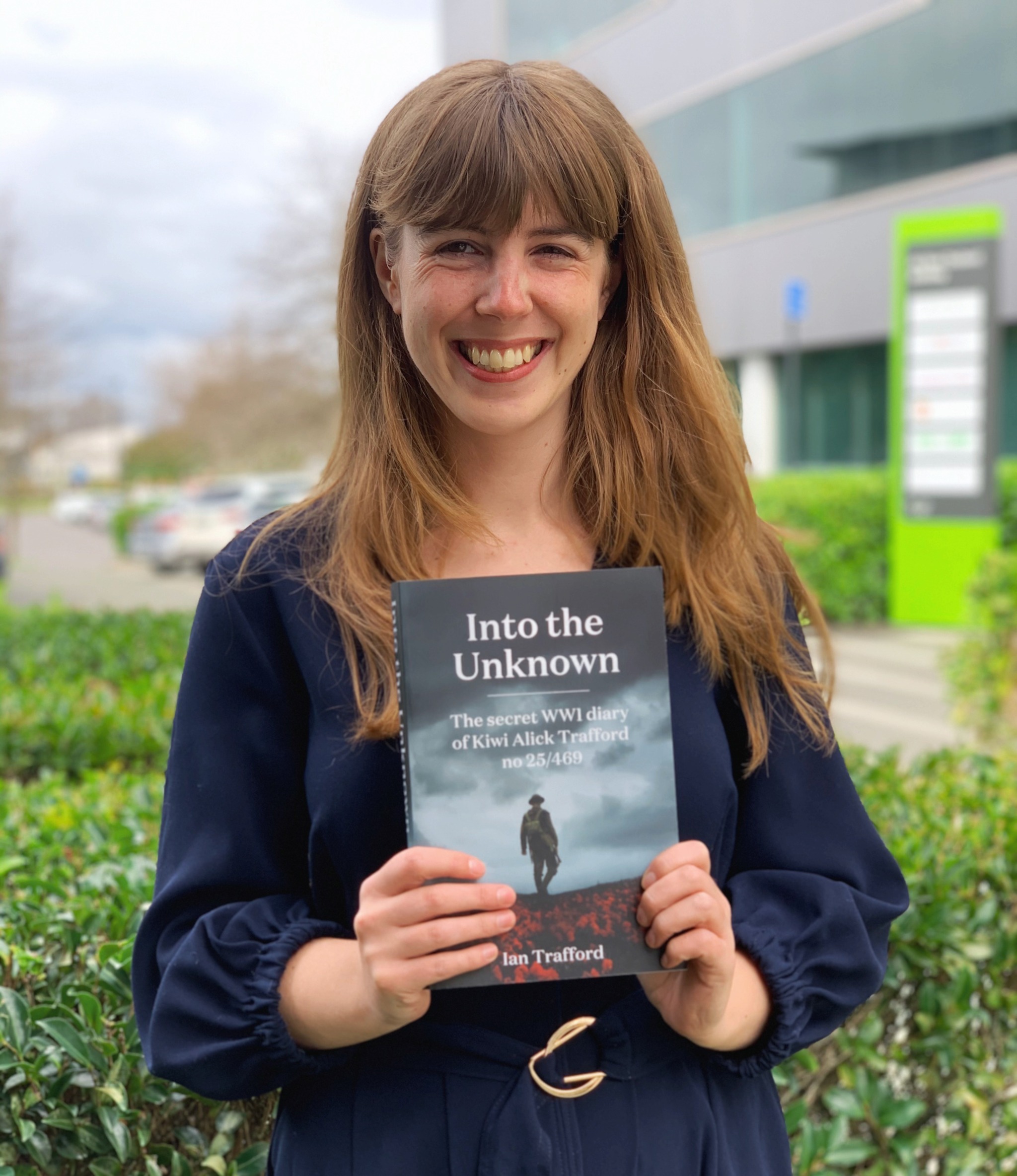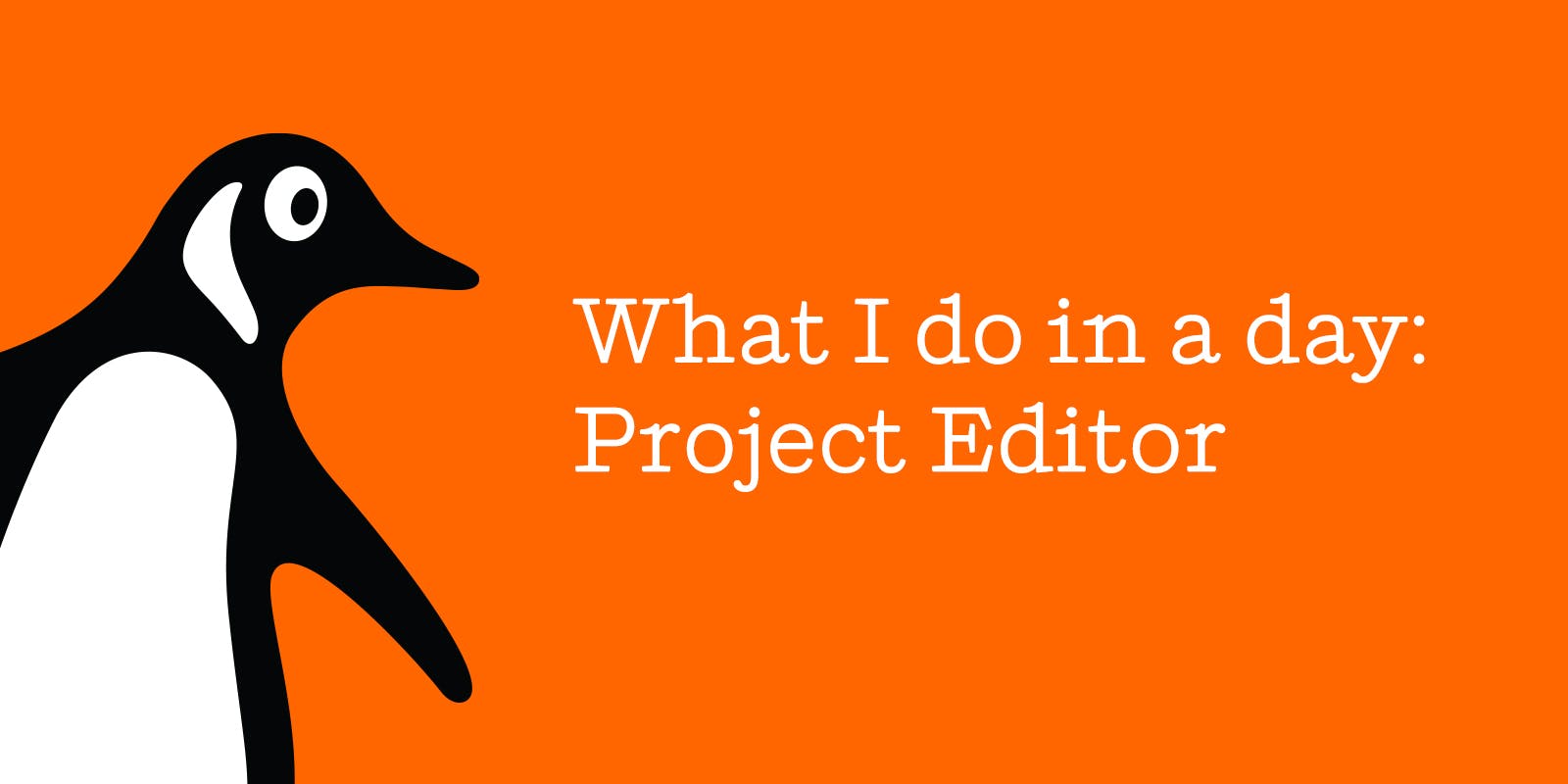Hint: no it doesn’t involve reading books all day!
Please note: This article was originally written in July, at the time of posting this article Auckland is back in level 3 lockdown.
When I tell people I’m a Project Editor, I can practically see cartoon question marks hovering over their heads. What is that? I can see them thinking. Whether they ask or not, I usually explain…
We act as project managers: we manage books through the stages of production right up until the book goes to print, including the edit and two rounds of proofreading. The edit and proofreads are usually done by freelancers, whom the Project Editor must book, brief and pay. We also communicate with authors about what stage their book is at and what changes might be made. (Essential skills include diplomacy and — perhaps most importantly of all — the ability to write cheerfully bossy emails to all kinds of interesting people.)
But we also use editorial skills: we must be able to write copy, edit text, comment on layout, imagery and design, and proofread. Hence: Project Editor (or PE). (I also sometimes describe the role as ‘midwife, if the author was a mother and the book was a baby.’) At any given time, PEs will be working on several books of varying complexity at and varying stages of production, so an organised mind — along with access to strong coffee and a decent stash of snacks — is essential.

At Penguin Random House New Zealand, the PEs work closely with our Publishers, who seek out potential new books to publish. As an example, I recently worked on a memoir of sorts: Into the Unknown by Ian Trafford. This was acquired by nonfiction Publisher Margaret Sinclair after reading news articles about Ian reworking his grandfather Alick Trafford’s WWI journals, with the aim of bringing the story of an ordinary soldier to the world. Once the contract was signed, both Margaret and a freelance editor worked with Ian to integrate the reworked diary entries into a seamless narrative.
The editor is also required to point out any material quoted in the book that may be within copyright, which the PE must then check to determine whether permission needs to be sought and copyright fees paid. Ian had mainly used quotes from WWI poems, which were mostly out of copyright, but it’s extremely important to check rather than assume. Permissions can involve quite a lot of detective work, so you need to allow plenty of time for it — including for the copyright holder to get back to you!

Once the edit is done and the look of the text has been agreed upon, a designer creates the first draft set of pages. Then the PE sends copies to both a freelance proofreader and the author, instructing them on what might need attention, what not to waste time on, and most importantly, the deadline — and fee, in the case of the proofreader. Upon receiving their feedback, the PE collates the two sets of corrections for the designer, who makes changes to the pages onscreen. The proofreading and collation process is traditionally done on printouts, using old-fashioned proofreader’s marks (which look very impressive), to ‘mark up’ the pages in red pen. However, while we were working on Into the Unknown, the Covid-19 global pandemic sent New Zealand into lockdown.
Being able to work from home was a privilege, but the lockdown affected every aspect of book production — from ordering archival material from museums that were closed for the foreseeable future to organising shipping of printed books to New Zealand. Luckily, we were able to pivot to working online with relative ease and thanks to the willingness of Ian, our staff and our freelancers to be flexible, we were able to keep working on Into the Unknown right through lockdown — and to keep to our original publication date of August 2020. It was quite interesting to be working on a book set during such an extraordinary time — World War I — while experiencing an extraordinary part of our own lifetimes, albeit comfortably ensconced in our home offices rather than fighting on a frontline.













